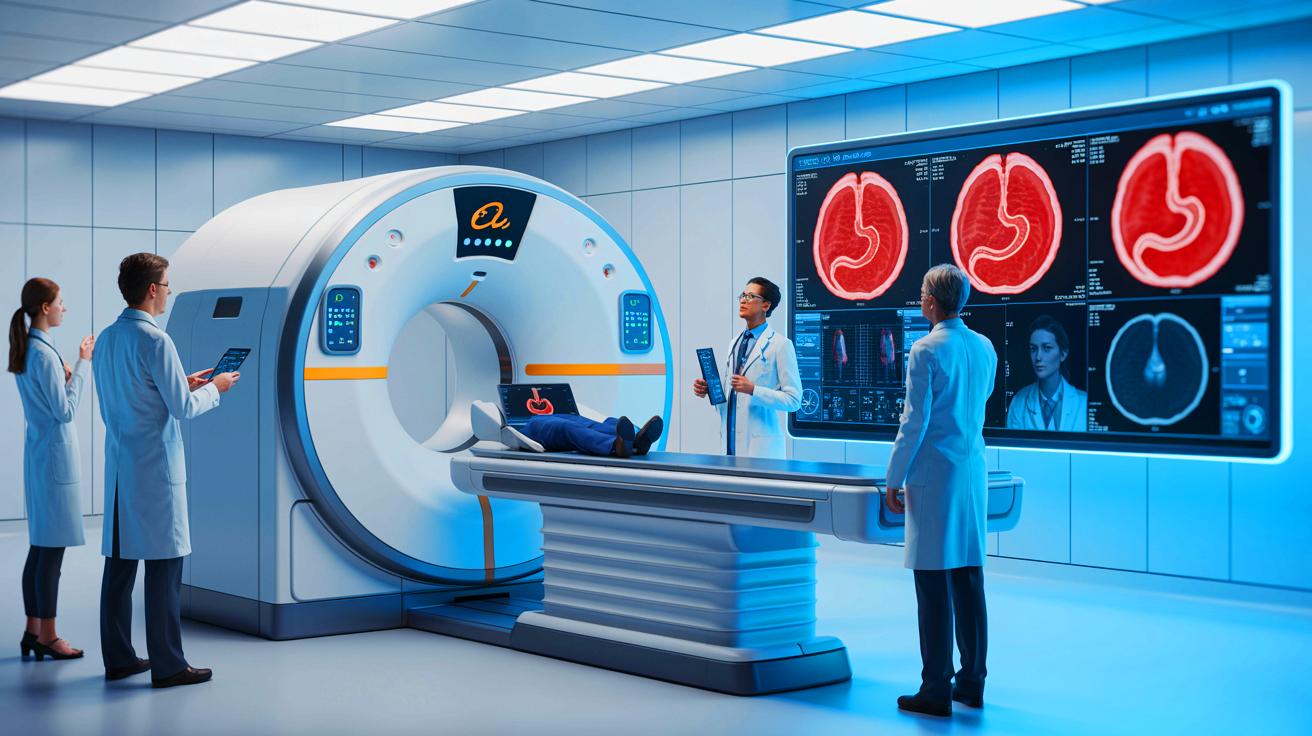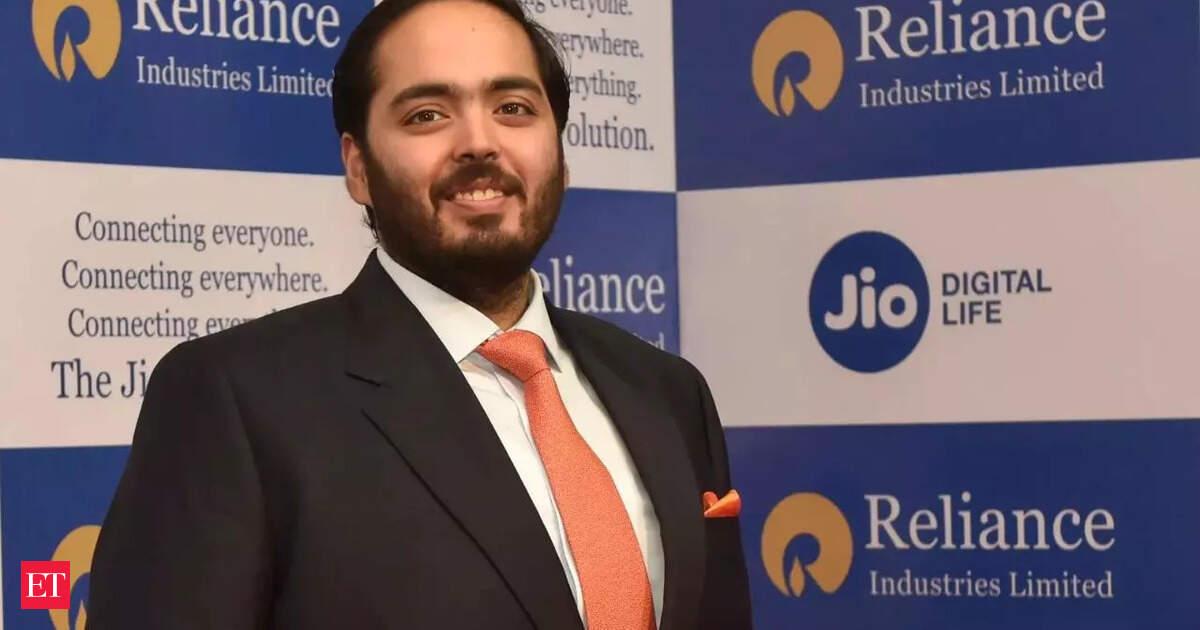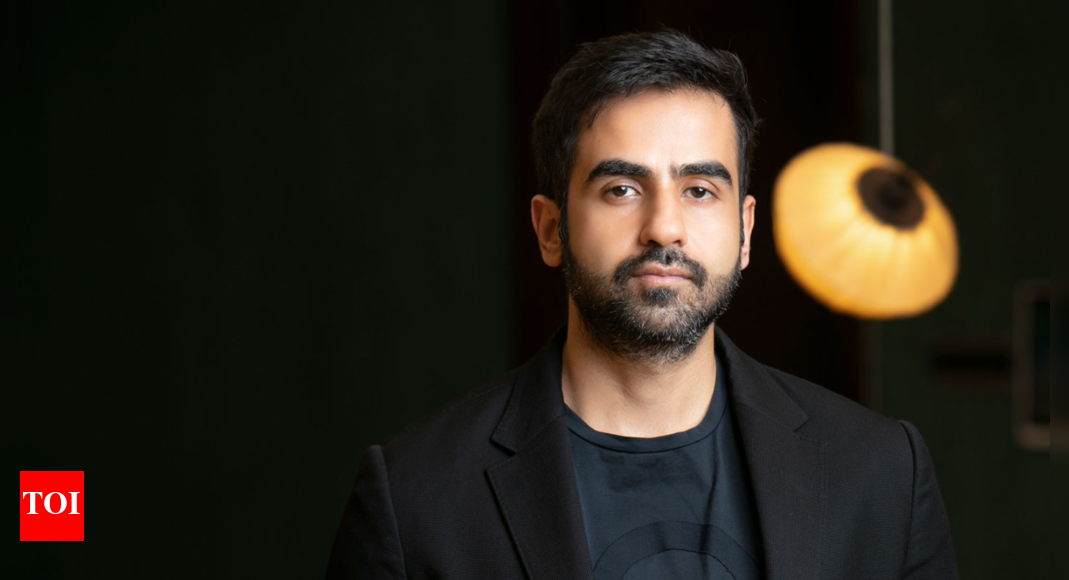| IN A NUTSHELL |
|
In a groundbreaking development, Alibaba Group has introduced a pioneering artificial intelligence model named Grape that revolutionizes early detection of stomach cancer. Traditionally, diagnosing this silent killer required invasive endoscopic procedures, but Grape offers a non-invasive alternative by utilizing CT scans. This innovation promises to significantly improve detection rates and patient outcomes, particularly in regions where early diagnosis is often missed. Developed in collaboration with Zhejiang Cancer Hospital, Grape represents a major stride forward in medical technology, aiming to make cancer screening more accessible and less daunting for patients.
Breaking Down Barriers in Cancer Screening
The introduction of Grape addresses a significant challenge in cancer screening, particularly in China, where the invasive nature of endoscopic procedures deters many from undergoing early testing. Endoscopy, which requires inserting a camera down the throat, is often uncomfortable and discouraging for patients. In contrast, Grape leverages three-dimensional CT scans to identify potential signs of gastric cancer. This approach is not only less invasive but also enhances the accuracy of detection.
Historically, plain CT scans were considered inadequate for examining hollow organs like the stomach due to anatomical shifts and early lesion subtleties. However, the Grape team overcame these limitations by creating the world’s largest dataset of gastric cancer CT images. This extensive dataset enables the AI to recognize patterns that even seasoned radiologists might miss, thus improving diagnostic precision.
Clinical trials have demonstrated Grape’s remarkable performance, achieving 85.1 percent sensitivity and 96.8 percent specificity. This means the AI model not only detects more cancer cases but also significantly reduces false positives. In some instances, Grape identified tumors that human doctors had previously overlooked, potentially saving patients months of delayed treatment.
The Power of AI in Identifying Early Signs
Grape’s capabilities extend beyond merely detecting cancer; it excels in identifying the disease in its nascent stages when treatment is most effective. Trained on thousands of annotated scans, the deep-learning model is adept at picking up subtle cues that humans may overlook. For example, in a real-world case, Grape identified late-stage gastric cancer in a patient six months before it was detected by radiologists.
Following its success, Grape is being prepared for large-scale implementation across Zhejiang and neighboring Anhui province. This deployment is part of a broader effort to leverage AI in transforming routine medical imaging into a high-precision cancer screening platform. The model builds on the success of Damo Panda, Alibaba’s AI tool for pancreatic cancer detection, which received the “breakthrough device” designation from the U.S. Food and Drug Administration in 2023. This prestigious tag is awarded to innovations addressing severe medical conditions, offering significant benefits over existing methods.
Collaborative Efforts for Global Impact
Alibaba’s ambition extends beyond technological advancements; the company is committed to enhancing global healthcare access. By partnering with the World Health Organization, Alibaba plans to deploy Damo Panda in underserved regions, improving early cancer detection and reducing healthcare disparities. Together, Grape and Damo Panda reflect Alibaba Damo Academy’s growing ambition to redefine medical imaging and cancer screening on a global scale.
The success of these models highlights the potential of AI in healthcare, offering a blend of precision, efficiency, and accessibility. With continuous advancements and collaborations, such technologies could bridge gaps in medical services and provide equitable healthcare solutions worldwide. The study showcasing Grape’s efficacy has been published in Nature Medicine, further cementing its credibility and potential impact.
Future Directions and Implications
As AI continues to make strides in medical diagnostics, Grape represents a significant leap forward in non-invasive cancer detection. Its development and deployment could reshape the landscape of early cancer diagnosis, offering hope to millions of patients who might otherwise forego testing due to the invasiveness of current procedures. Moreover, the model’s success underscores the importance of integrating AI into healthcare to address complex medical challenges.
Looking ahead, the question remains: how will the integration of AI technologies like Grape shape the future of global healthcare, and what steps are necessary to ensure these advancements are accessible to all? The potential for AI to transform medical diagnostics is immense, and its success hinges on continued innovation and collaboration across the global medical community.
Our author used artificial intelligence to enhance this article.
Did you like it? 4.6/5 (20)





